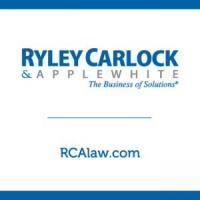The bill, which takes effect August 6, 2014, establishes an income tax credit for individuals, organizations and other entities that perform approved environmental cleanup of contaminated lands including Brownfield sites.
Here are important details included in the bill.
- Beginning in tax year 2014, individuals, organizations and "qualified entities" may take an income tax credit for performing any approved environmental remediation of contaminated property. (In the bill, "qualified entity" is defined as a county, home rule county, city, town, home rule city or private nonprofit entity.)
- The total amount of the credit is 40 percent of the first $750,000 of remediation costs and 30 percent of costs over $750,000 up to $1.5 million dollars.
- The bill allows the Colorado Department of Public Health and Environment (CDPHE) to authorize $3 million in tax credits each year the credit is available; however, no credit shall be allowed for any costs exceeding $1.5 million dollars on any individual project.
- The credit may be carried forward for up to five years or the taxpayer may choose to transfer all or a portion of the income tax credit to another taxpayer, regardless of whether the transferor received value in exchange for the credit.
Here's why this bill is important.
- This bill provides immediate significant economic incentives for entities developing Brownfield sites by establishing a transferable tax credit. In fact, tax credit brokers have already been in contact with the State office that administers the program.
- The bill allows local governments and other entities that do not pay state taxes (not-for-profits) to clean up a site and then transfer the credit to a taxpaying developer or to sell the credit in the market to recoup costs.




 />i
/>i
